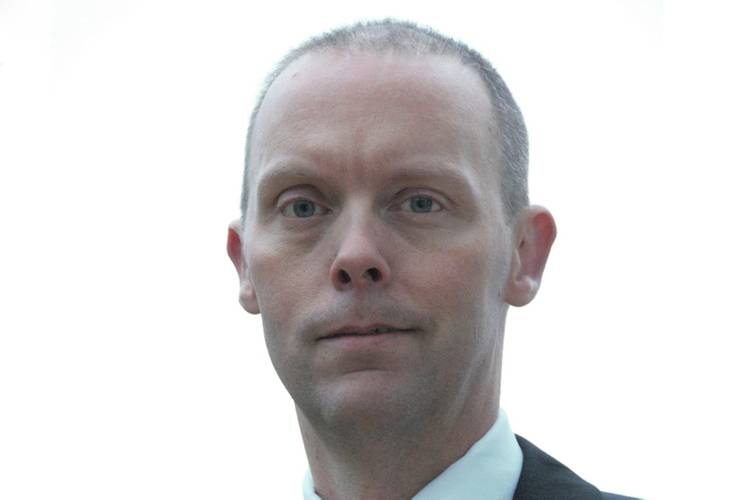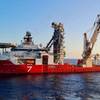Interferry Welcomes EEDI Status Quo for RoRo Vessels
Trade association Interferry has welcomed this week’s decision by the International Maritime Organization (IMO) Marine Environment Protection Committee (MEPC) to uphold previously agreed sector-specific Energy Efficiency Design Index (EEDI) targets for ro-ro passenger and ro-ro freight vessels.
The committee’s latest session – MEPC 73 – tightened EEDI requirements for certain ship types, but confirmed that ferries would be among the categories where it is appropriate to retain the original timeline and reduction rates. These had been set in three phases, requiring improvements of 10 percent by 2015, 20 percent by 2020 and 30 percent by 2025.
After MEPC 71 in July 2017, a correspondence group including Interferry was set up to review the feasibility of the targets. Recommendations were submitted to MEPC 73 following seven rounds of communications.
Interferry regulatory affairs director Johan Roos said, “Some findings in the correspondence group were not adopted by the MEPC, which I regret to say will undoubtedly create major challenges for certain sizes of container, tanker and bulk vessels. As such, we are pleased to note the IMO’s continued recognition of our particular case, where one size definitely does not fit all – ferries have very specific operational requirements which affect their design criteria.”
The decision follows another breakthrough in April this year, when MEPC 72 confirmed the immediate application of a 20 percent correction in its EEDI calculation formula for ro-ro and ro-pax vessels. Interventions by Interferry - which has IMO consultative status - and various flag states had argued that the universally-applicable targets were problematical even for highly efficient ro-ro newbuild designs due to the diversity of such vessels.
Roos stressed, “Interferry totally supports the environmental objectives of the EEDI but, as with other shipping sectors, we need to ensure that the measures are fair and practicable.
“On the wider issue of greenhouse gases, we are also pleased to note that the IMO member states will stick to the historic agreement in April, which set binding improvement targets for the international maritime industry. There is still much to do on developing the detailed improvement plans, but we are all much helped by having targets that are fixed in time and in level of ambition.”

















